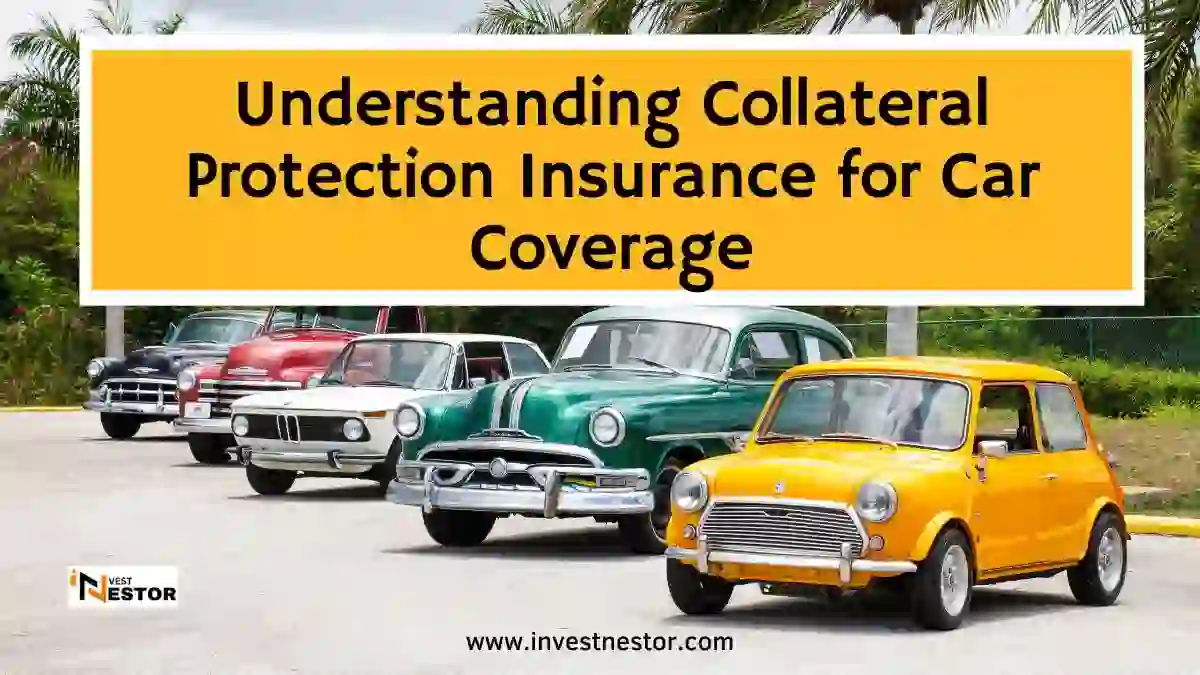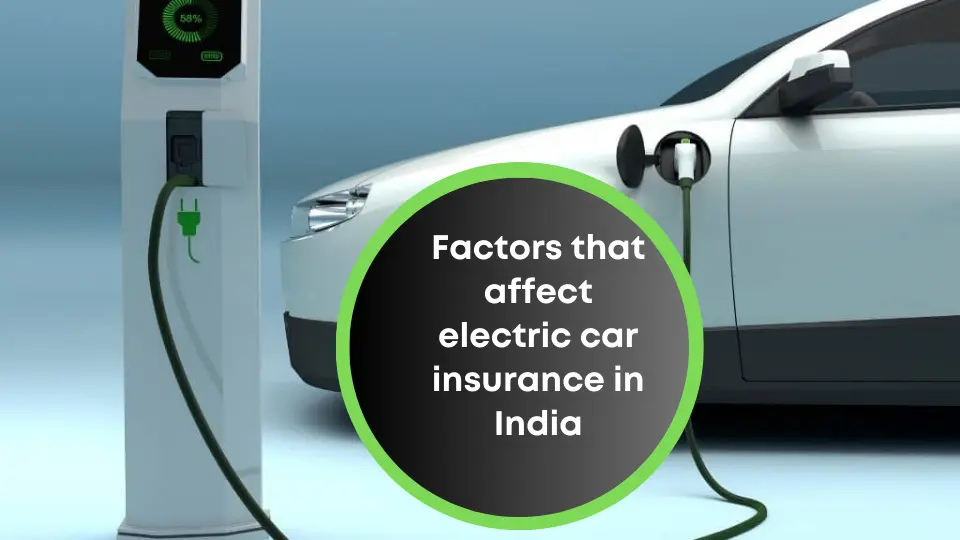
Vacant Home Insurance: Insurance for Vacant & Unoccupied Homes
Have you recently inherited an empty house? Need help selling your home in a sluggish market? Consider safeguarding your investment if you possess unoccupied real estate. Vacate home insurance, sometimes called unoccupied housing insurance, covers vacant homes.
Unlike regular homeowners insurance, it covers the unique risks of an empty property like vandalism, theft, or fire. If calamity hits, you'll be pleased you bought a customized coverage. This article covers all aspects of vacant home insurance and how you get it. Protecting your vacant home starts here.
Key Highlights
When the home is vacant, your lender will usually need you to have proper insurance coverage. This obligation is met by vacant home insurance to comply with your mortgage.
Vacant and unoccupied properties are insured differently. You can return to an unoccupied property anytime if your possessions are still inside.
When setting rates and eligibility, insurers assess how the house is utilized, why it's vacant, its age, condition, and expected replacement value.
What Is Vacant Home Insurance?
Long-term unoccupied residence insurance is another name for vacant home insurance, which covers houses that are left uninhabited. Your standard homeowner's insurance will likely not cover any damage or liability claims that emerge if you plan to be away from your house for more than thirty days. Vacant home insurance fills this gap.
Unlike regular home insurance, which assumes someone lives in the home, vacant home insurance is designed specifically for unoccupied properties. It provides coverage for damage from events like fire, theft, vandalism, or weather events. The exact coverage and limits can vary between providers but will typically include:
-
Property Protection: Covers the home and any permanent structures like garages or fences. It also includes coverage for major plumbing, electrical, and HVAC systems.
-
Liability Coverage: It protects you if someone is harmed on your unoccupied property and decides to sue you. This is particularly crucial if you're attempting to sell the house.
-
Additional Coverage: This may include coverage for temporary structures, debris removal, loss of use, and more. The specifics depend on the policy.
A vacant home insurance policy must be purchased from a professional insurer. Due to increasing damage and liability claims, expect a higher premium. However, the peace of mind and financial protection vacant home insurance provides is well worth the investment.
Coverages Included in Vacant Home Insurance Policies
When you think of vacant home insurance, you probably imagine damage coverage from fires, floods, or vandalism. However, vacant home policies provide much more.
Standard homeowners insurance typically won't cover a vacant property, so vacant home insurance fills this gap. The specifics of what's covered can vary between providers, but most vacant home policies protect against:
-
Fire and Smoke Damage. This includes damage from wildfires, electrical fires, or fires started by intruders.
-
Water Damage. Plumbing leaks, burst pipes, water heater issues, flooding, etc. Vacant home insurance has you covered.
-
Theft and Vandalism. Unfortunately, empty houses are targets. Vacant home insurance helps replace or repair items stolen or damaged by intruders.
-
Wind and Hail Damage. Severe storms can wreak havoc. Vacant home insurance covers damage from wind, hail, hurricanes, and more.
-
Liability Coverage. If someone is injured on the vacant property, liability coverage helps pay their medical and legal bills.
-
Mold and Rot. When homes sit empty, mold and rot can develop. Vacant home insurance helps pay for mold removal and repairs to water-damaged areas.
-
Collapse Coverage. Vacant home insurance helps pay for the damage if part of the structure collapses. This could include damage from sinkholes, foundation issues, or structural failures.
With the potential risks facing an unoccupied home, vacant property insurance provides essential financial protection. The peace of mind and coverage it offers are well worth the investment.
How Do You Get Vacant Home Insurance?
So you have a vacant home and want to ensure it's properly insured. Vacant home insurance is pretty straightforward. Here are the basic steps:
1- Find an Insurance Provider That Offers Vacant Home Coverage.
Many major insurance companies like State Farm, Liberty Mutual, and USAA provide vacant home insurance. Compare quotes from several providers to discover an inexpensive coverage that matches your needs.
2- Determine Your Home's Vacancy Period.
The average coverage period for vacant home insurance plans is six to twelve months. To select a policy covering your property for the whole vacancy term, you must project how long it will be vacant. The insurance rates often increase with the length of time a house is unoccupied.
3- Disclose Information About Your Vacant Home.
Be ready to share information about the property, such as its age, square footage, number of rooms, building materials, and present state. The insurance provider will use this data to evaluate the risks associated with insuring your unoccupied house.
4- Consider Optional Coverages.
Most vacant home insurance policies cover damage from fire, theft, vandalism, and weather. You may want to add coverage for liability, medical payments, or loss of rental income. Adding these optional coverages will increase your premium but provide more comprehensive protection for your property.
5- Pay Your Premiums on Time.
Like any insurance policy, vacant home insurance requires paying monthly or annual premiums to maintain coverage. Be sure to pay premiums on time to avoid lapses in coverage or policy cancellation. Late or missed payments can jeopardize your insurance and leave your vacant home unprotected.
Following these steps will ensure your vacant home has proper coverage when unoccupied. Vacant home insurance provides peace of mind that your property is protected even when no one lives there.
The Benefits of Vacant Home Insurance
When your home is vacant, it's risky to leave it uninsured. Vacant home insurance provides coverage designed explicitly for unoccupied properties. There are several advantages to purchasing a policy.
Protection from Damage.
The most significant benefit is protection against unforeseen events like fire, vandalism, or weather damage. Without coverage, you're financially responsible for any repairs or replacement costs. A policy helps ensure you won't face catastrophic losses.
Liability Coverage.
You might face legal action if someone gets injured on your unoccupied property. Vacant home insurance provides liability coverage to protect you in these situations. It will help cover legal costs if a claim is filed against you.
Security Discounts.
Some insurers offer discounts for homes with specific security measures like alarms, motion-activated lights, or fenced yards. These discounts can offset some additional costs of insuring a vacant home.
Mortgage Requirements.
In most cases, even while the house is vacant, your lender will insist that you have sufficient insurance coverage if you have an outstanding mortgage. Vacant home insurance satisfies this requirement, so you comply with your mortgage's terms.
Peace of Mind.
The most significant advantage might be the comfort of knowing that your assets and money are safeguarded. You may relax knowing that others will cover the bills in an emergency.
Insurance for vacant properties typically costs more than a standard homeowner's policy. However, its financial security and protection often make the additional investment worthwhile, especially for high-value homes. When your property is vacant, vacant home insurance can be invaluable.
The Bottom Line
So there you have it, the lowdown on vacant home insurance. Protecting your investment property is essential, even when not occupied. While the premiums may be a bit higher, the coverage and peace of mind are worth it. Do your research to find a policy tailored to your needs and budget.
Once you find the right provider, get a quote, sign on the dotted line, and rest easy knowing your vacant place is protected. With the basics covered and risks mitigated, you can focus on finding good tenants or preparing the place for sale. Vacant today, vibrant tomorrow!
People Also Ask
What is the difference between vacant and unoccupied?
A vacation home that is empty but still has personal possessions inside is called an unoccupied home. A vacant home is completely empty of furniture and personal items. Insurers view vacant homes as higher risk, so coverage and premiums differ.
How is home vacancy calculated?
Most insurers consider a home vacant after 30-60 consecutive days of being unoccupied. Some count partial days, so 29 days could be regarded as empty. The specific vacancy definition and calculation method will depend on your insurer. It's best to check with them directly.
Does USAA offer vacant home coverage?
Yes, USAA does offer coverage for vacant homes. They consider a home vacant after 60 consecutive days of being unoccupied. USAA vacant home insurance covers risks like vandalism, theft, or fire. Premiums and coverage limits may differ from your standard homeowner's policy.
Is vacant home insurance more expensive?
In short, yes. Vacant home insurance is typically more expensive than a standard homeowners policy. Insurers view vacant properties as riskier, so premiums are usually higher to compensate for the increased chance of claims. The exact cost difference will depend on factors like the value of your home, location, and selected coverage and limits. Shop at different companies to compare quotes for the best vacant home insurance rates.
Suggested Articles:






0 Comments
Add a comment